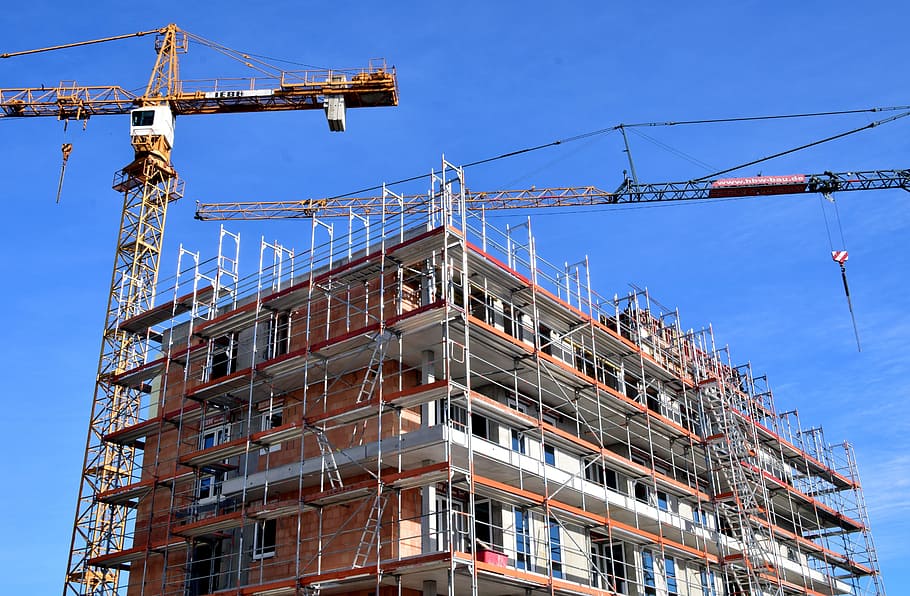Choosing the ideal location for your future home is a significant decision you’ll make during the building process. This choice will affect not only your daily life but also your financial commitment for years to come. Whether you're drawn to the vibrancy of urban living, the tranquility of suburban neighborhoods, or the charm of rural settings, each region has its distinct benefits and drawbacks.
In this comprehensive guide, we'll lead you through essential factors to consider when choosing the right spot for your upcoming home. From grasping local amenities and school districts to evaluating future growth and environmental factors, we'll give you with the knowledge needed to make an wise decision that fits your lifestyle and objectives. As you start your path of new home development, let’s explore how to make sure that the location you choose matches your goals for the years to come.
Selecting Your Place
Identifying the perfect location for your new home is one of the critical decisions in the development process. Consider factors such as proximity to work, schools, and amenities. A brief commute can greatly enhance your level of life, while access to quality education and healthcare services can influence your family's overall happiness and well-being. Allocate time to examine various communities and assess their fitness based on your way of life.
An additional vital aspect is understanding the local real estate market. Research current trends, property values, and future developments in the area. A developing neighborhood might offer the potential for enhanced home value over time, while an established community could provide security and a sense of belonging. Speak with local residents and real estate agents to gain perspectives into the area's dynamics and what you can anticipate as a homeowner.
Ultimately, consider the long-term vision for your family. Your ideal location should correspond with your future plans, whether that entails broadening your family, establishing a home-based business, or enjoying a more remote setting as your lifestyle shifts. Weigh all these considerations to ensure your picked location not only meets your current needs but also supports your aspirations for the long term.

Grasping Modern House Construction
As you initiating the journey of constructing a new home, it's crucial to understand the various elements of home building. This process encompasses everything from first preparation and location selection to the final details. Knowing the steps of construction can help simplify the project and ensure that it aligns with your vision. about his to learn with each stage, as this insight will empower you to make wise decisions and avoid frequent pitfalls throughout the process.
One of the primary considerations to take into account is the preparation and design phase. This stage is in which you will identify your requirements and likes for your new home. Picking the suitable blueprint, resources, and smart home features can have a large influence on both practicality and design. Additionally, you should be mindful of current trends like sustainable designs and the pros of green building materials, which can increase your house's resale value and decrease long-term overhead.
As you advance through the process, being involved with your developer and being proactive about each stage will aid mitigate delays and ensure that your project stays on track. Understanding building approvals and codes is also vital, as failure to follow local regulations can cause expensive delays. Ultimately, having a thorough grasp of the house construction process will help you build a home that not only satisfies your immediate desires but also fits your needs long-term.
Financing Your Dream Home
When thinking about fresh home construction, grasping your financing options is essential. There are several types of loans specifically designed for constructing your new home, such as construction loans and traditional mortgages. A construction loan typically includes the cost of the land and the actual building costs, while a mortgage will be necessary once the home is finished. It’s important to research different lenders to find the best interest rates and terms that fit your monetary situation.
Creating a detailed budget for your new home build will assist you steer clear of financial pitfalls. Consider all expenses involved, from land acquisition and construction to landscaping and interior furnishings. Be sure to account for hidden expenses, such as permits, utility installations, and potential upgrades. Creating a feasible budget allows you to rank expenditures and identify areas where you can save or indulge during the construction process.
Additionally, knowing eligibility requirements for various types of financing is essential. Lenders will assess your credit score, income, and overall financial health when determining your loan eligibility. First-time builders might gain from seeking advice with a financial advisor to navigate the complexities of obtaining a construction loan. Being well-prepared can make the financing process smoother and help you to concentrate on building your dream home.
